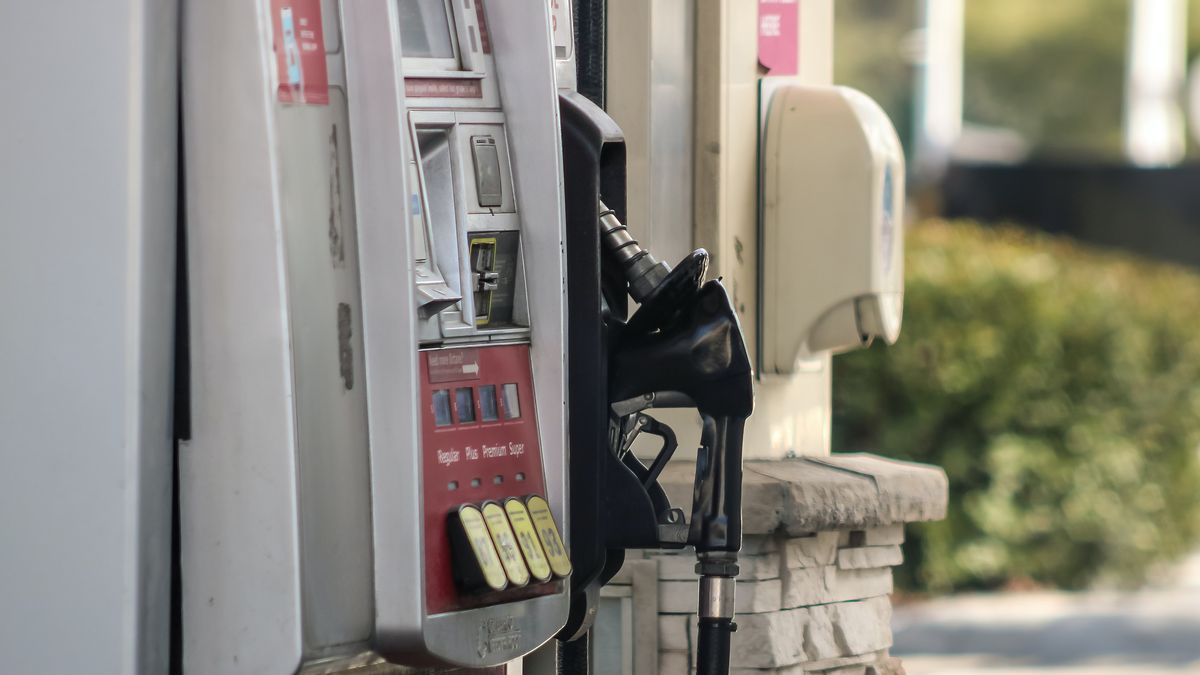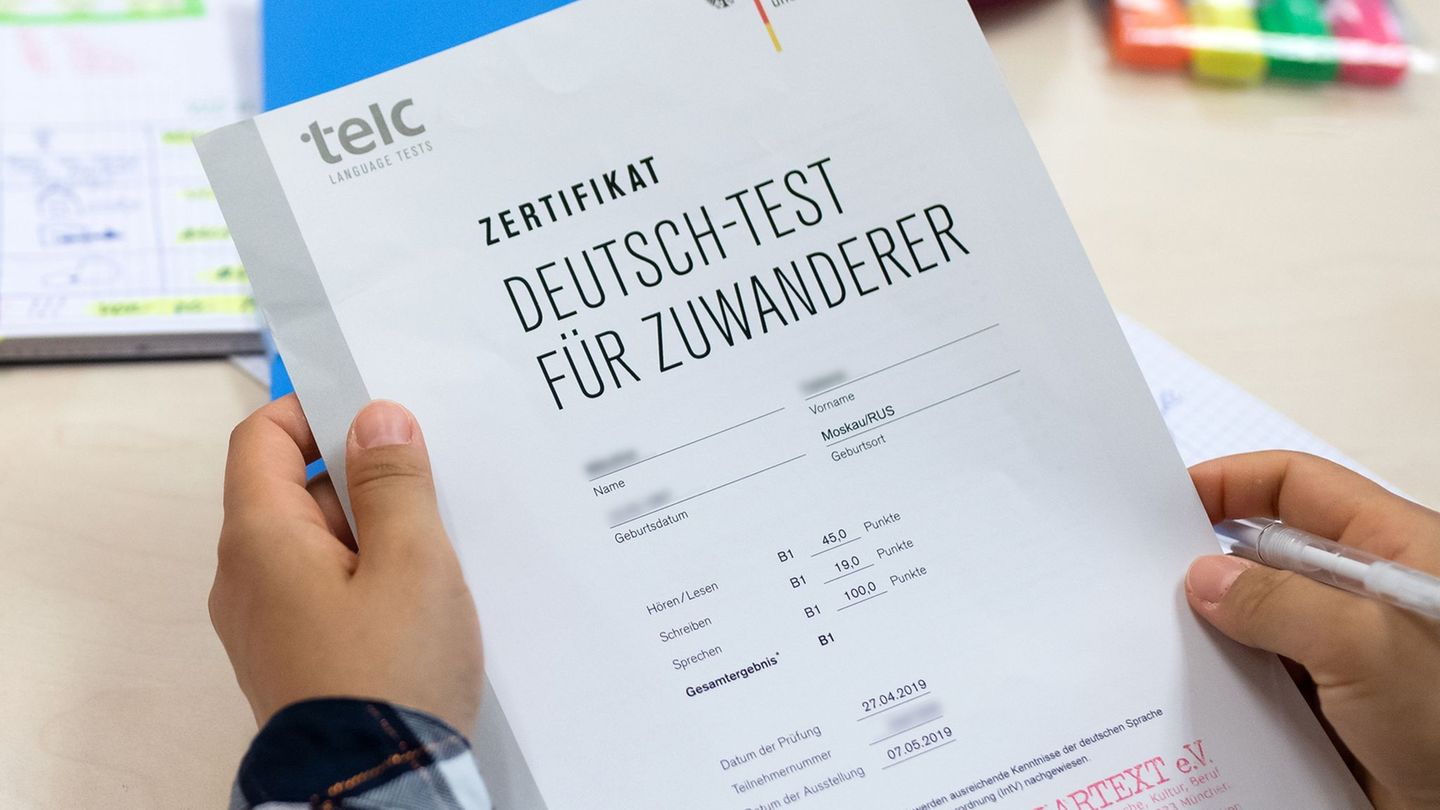September registered an increase of 0.61% in prices, mainly due to increases in gasoline and diesel.
The inflation in Uruguay registered an increase in September although it remains at 18-year lows. The increase in fuel rates was one of the factors that most influenced the monthly increase, and may be the main enemy of the government’s price control policies during the coming months.
The content you want to access is exclusive to subscribers.
He National Institute of Statistics (INE) spread yesterday Consumer Price Index (CPI) September, which registered an increase in 0.61%. Although at a monthly level it rose – something that, in any case, was expected due to the reintroduction of the VAT in bottled water after the end of the water emergency—the year-on-year comparison fell to 3.87%, within the lower part of the government’s target range and the lowest level since 2005.


However, the magnifying glass is on the area Transport, which was the one that increased the most during the last month: a 1.27%even ahead of Food and Non-Alcoholic Beverages, which usually registers the largest increases.
This was due, on the one hand, to the increase in the ticket for interdepartmental and suburban transportation —which had an increase of 4.68%—; but mainly to the increase in the fuels, both in the naphtha as in the gasoil, that the government decreed: 4.55% in the first case, and 5.94% in the second.
What can happen in the coming months?
The general expectation is that inflation will end the year within target range, although with some more increases in the remainder of this 2023. The fuels, Certainly, they will play a fundamental role in the new increases that are registered.
Mainly, the international context does not favor being able to keep gasoline and diesel prices frozen as happened during the first half of the year. This is because the Organization of Petroleum Exporting Countries (OPEC) announced that it will maintain the cut in crude oil production that it has maintained since last April, so the price of barrels will continue to increase due to the shortage of supply — while the global north enters the colder seasons.
Consequently, the international reference prices that the Energy and Water Services Regulatory Unit (Ursea) used to make the Import Parity Price Report (PPI) that the government takes into account to determine the value of fuels in Uruguay, will continue to increase in the coming months.
The situation worsens if we take into account that, together with the increase in references, the country will not have the extraordinary refinery margin of the National Administration of Fuel, Alcohol and Portland (Ancap) —due to the maintenance stoppage at the plant The Tile— which served on numerous occasions to contain the increases that occurred at the international level.
This scenario allows us to foresee increases in the local fuel prices that are in line with the increases in the world, so the CPI will also be impacted.
Source: Ambito



